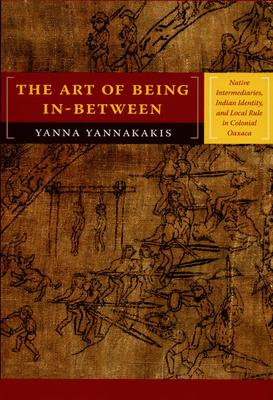Through interpretation of a wide array of historical sources-including descriptions of public rituals, accounts of indigenous rebellions, idolatry trials, legal petitions, court cases, land disputes, and indigenous pictorial histories-Yannakakis weaves together an elegant narrative that illuminates political and cultural struggles over the terms of local rule. As cultural brokers, native intermediaries at times reconciled conflicting interests, and at other times positioned themselves in opposing camps over the outcome of municipal elections, the provision of goods and labor, landholding, community ritual, the meaning of indigenous "custom" in relation to Spanish law, and representations of the past. In the process, they shaped an emergent "Indian" identity in tension with other forms of indigenous identity and a political order characterized by a persistent conflict between local autonomy and colonial control. This innovative study provides fresh insight into colonialism's disparate cultures and the making of race, ethnicity, and the colonial state and legal system in Spanish America.

The Art of Being In-between: Native Intermediaries, Indian Identity, and Local Rule in Colonial Oaxaca
Through interpretation of a wide array of historical sources-including descriptions of public rituals, accounts of indigenous rebellions, idolatry trials, legal petitions, court cases, land disputes, and indigenous pictorial histories-Yannakakis weaves together an elegant narrative that illuminates political and cultural struggles over the terms of local rule. As cultural brokers, native intermediaries at times reconciled conflicting interests, and at other times positioned themselves in opposing camps over the outcome of municipal elections, the provision of goods and labor, landholding, community ritual, the meaning of indigenous "custom" in relation to Spanish law, and representations of the past. In the process, they shaped an emergent "Indian" identity in tension with other forms of indigenous identity and a political order characterized by a persistent conflict between local autonomy and colonial control. This innovative study provides fresh insight into colonialism's disparate cultures and the making of race, ethnicity, and the colonial state and legal system in Spanish America.